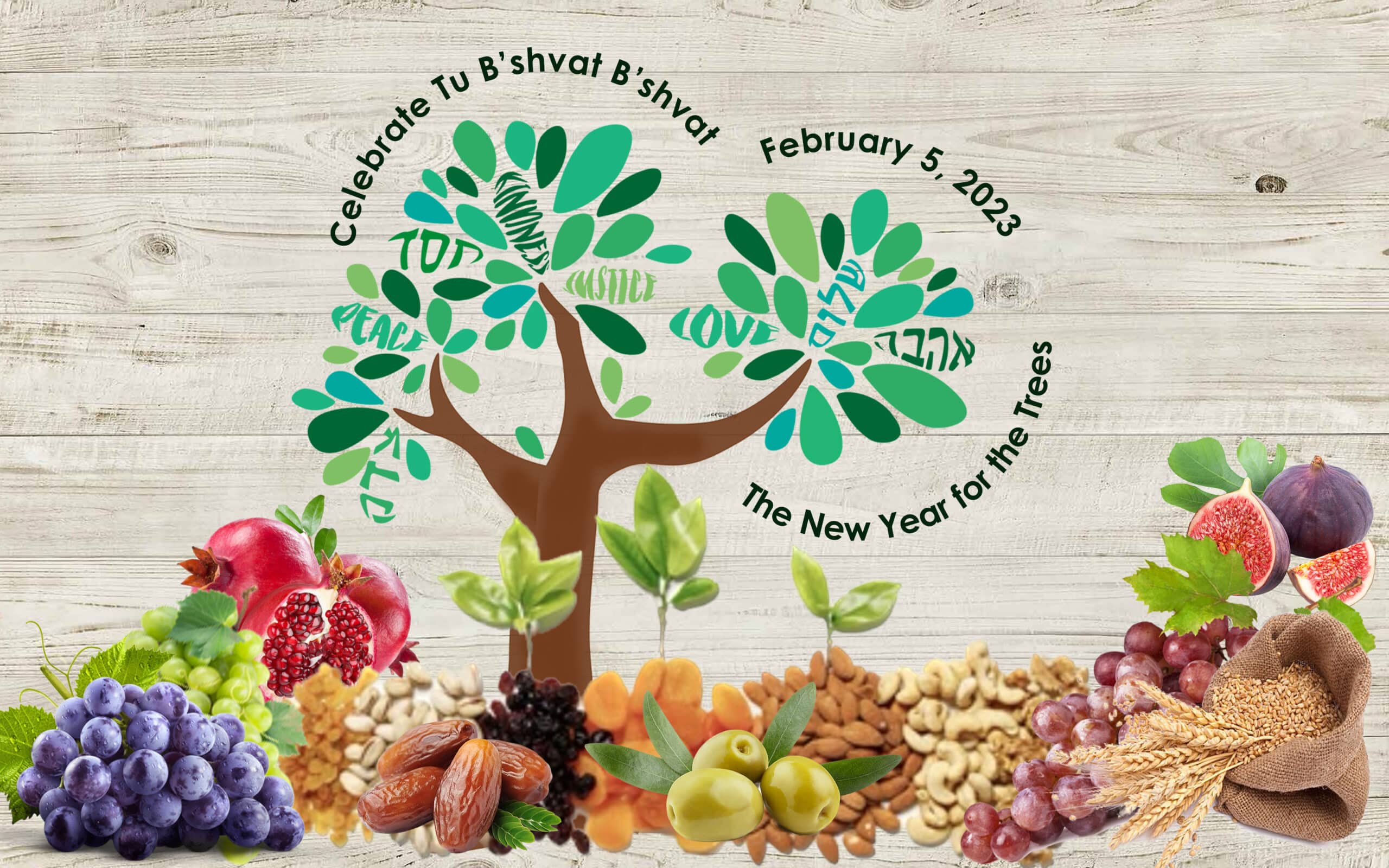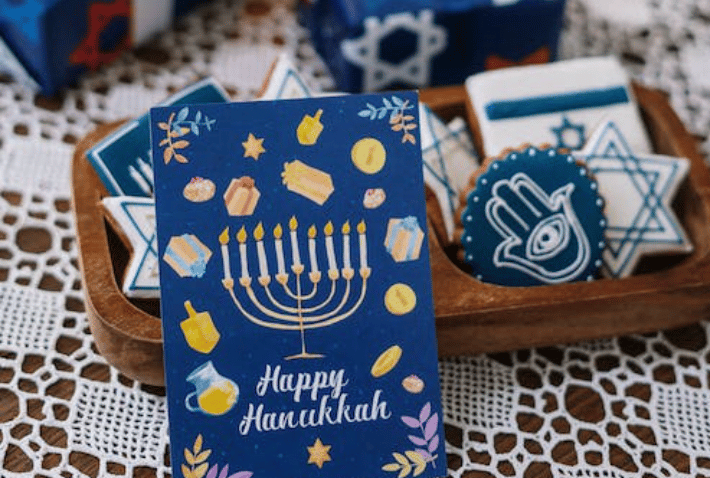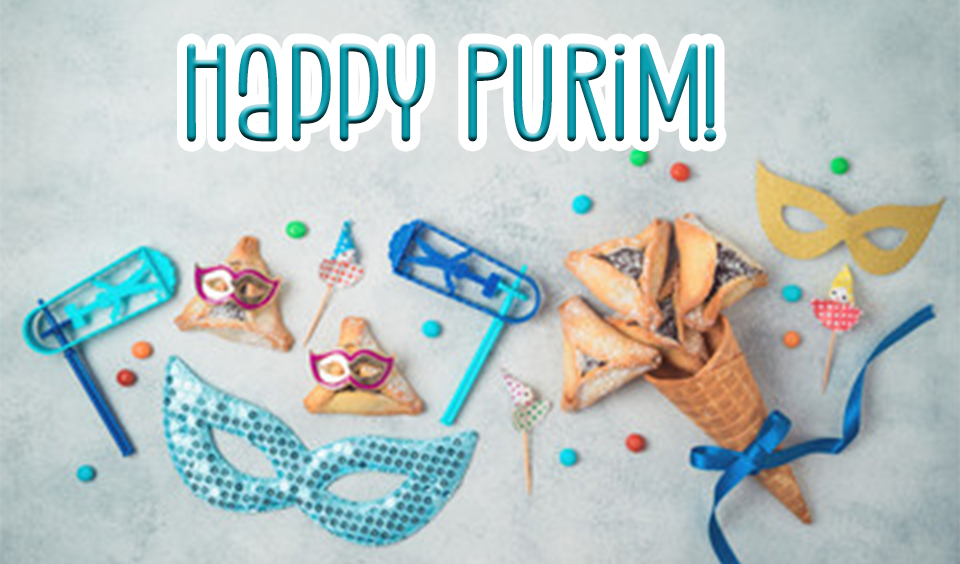Rabbinical tradition tells us that one way we can help ensure that our names are inscribed in the book of life is to give to others in our communities. Giving is particularly important during the Days of Awe, which are the ten days which lie between the Jewish holidays of Rosh Hashanah and Yom Kippur.
According to the Talmud, God opens three books of destiny on Rosh Hashanah. If our deeds are good, he writes our names in the Book of Life. If our deeds are wicked, he writes our names in the Book of Death – but if our deeds fall somewhere in between, they are written in a third book. God suspends judgment on those whose names he writes in this book. If our names are written in it, we have ten days more to change our hearts and lives – but on Yom Kippur our fates are sealed.
Evidence of the existence of these books of destiny can be found in Exodus, in which Moses – confessing to God that the Israelites have worshiped the golden calf, pleads for God’s forgiveness. He asks God to blot out his name from the book God has written if God will not forgive his people. This book is mentioned again in Psalms 69, in which the psalmist asks God to let the names of his adversaries be “blotted out of the book of the living.”
Having our names blotted out from the book of the living it a daunting prospect – especially during certain Jewish holidays. But we can do three things to help make sure God writes ours names in the book of life. First, we can repent of the evil deeds we have done in the past. Second, we can engage in meaningful prayer. Third, we can charitable giving. Giving to the poor is particularly important to God, who holds them in high regard.
God’s particular affection for the poor can be seen in 1 Samuel 2:8, in which the psalmist declares that he “lifts the poor from the dust” and “treats them as princes sitting in the seats of honor.”
God also makes it clear that he wants us to help the poor. Indeed, he commands us to do so, saying, “If, however, there is a needy person among you, one of your kinsmen in any of your settlements in the land that the LORD your God is giving you, do not harden your heart and shut your hand against your needy kinsman.”
One meaningful way to aid the poor is to contribute to Maot Chim, which has been bringing meals and holiday food packages to the needy in Greater Chicagoland for more than 100 years. These packages are particularly important during Jewish holidays, because they enable those who would otherwise not be able to observe these special days to do so. If you are interested in contributing to this effort, please click here or call (847) 674-3224.




